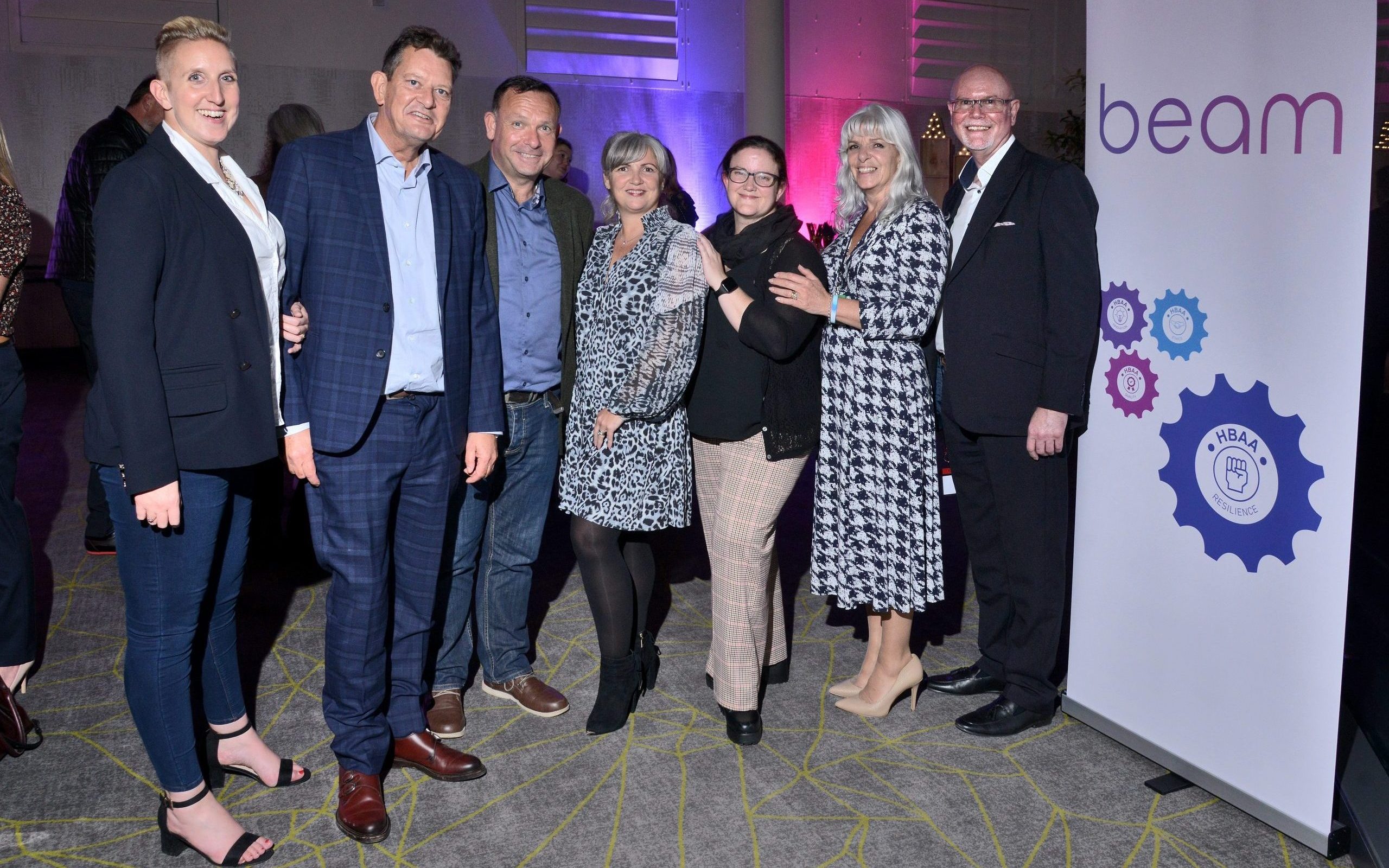The vast and diverse business events industry has an integral role to play in the UK government’s recovery plan, but continuing government support is vital to overcome its staffing issues
In recent years, the business events, accommodation, and meetings industry has earned a prominent profile in government as a key driver of economic growth and societal development. We all understand the sector’s core value is to facilitate and support vital exchanges in the areas of corporate, professional, academic, and social development.
In the face of fresh challenges brought about by Covid-19, business events must remain high on the government’s agenda. Why? This industry is a crucial vehicle for driving forward the government’s Build Back Better plan. While it’s a significant sector in itself – worth £70bn* and employs 700,000 people – it can and must be utilised strategically to deliver recovery, transition, and revival for every UK sector.
Not only that, but events also enable collaboration and innovation, education and knowledge transfer, relationship building, business growth, and accelerate progress. Many sectors have been forced to rapidly adapt during the pandemic and events are fundamental for supporting such change and transformation. They also impact communities and leave a long-term legacy, as well as boost the local economy of the event’s host city or location.
Business events take place in highly controlled and structured environments, with rigorous health and safety policies, often with a Covid-safe accreditation so they can provide reassurance to those with natural concerns around Covid security at events. Testing, contact tracing, mask-wearing, and any other measures can be easily implemented. This helps to make them safer than a generic mass public gathering. Because of their economic role, they are also a necessity.
Governmental support
To keep the world of events moving forward, funding, financial relief, and governmental support have been paramount and will continue to be vital until client confidence is fully restored and the recovery of the industry is complete. That may well not be until later in 2022.
“Clients need to have confidence when booking and this can only come from a cohesive government policy and leadership,” says Simon Richards, HBAA Treasurer and Managing Director of Convenus.
The HBAA, soon to be known as beam, represents 300 UK member organisations, including more than 200 hotel groups and venues and 90 agencies. Since March 2020, many previously viable SMEs have either closed, made many of their staff redundant, or have struggled to survive through no fault of their own. This is despite welcome valuable initiatives such as the Bounce Back Loan Scheme, business rate relief, and the Coronavirus Job Retention Scheme (better known as furlough).
Some 20 months on, the fragility of events and business tourism has been underlined once again by recent measures introduced in the wake of Omicron. Supply chain issues persist, and the effects of Brexit are still being worked through.
There are challenges around credit, too, particularly for smaller booking agents that rely more heavily on meetings and events business. Jonathan Read, Head of National Accounts at Jurys Inns Group, says: “Some smaller hotel groups and venues will be removing previously available credit facilities based on the high risk it places on their own businesses.”
One of the biggest things UK businesses need from leaders is consistency and certainty. Rajesh Vohra, director of Sarova Hotels, explains: “The primary challenge is economic uncertainty – it is impossible to plan, budget and recruit.”
As Vohra highlights, recruitment is another substantial challenge. The government’s Kickstart Scheme, which provides funding to create new jobs for 16 to 24-year-olds on Universal Credit who are at risk of long-term unemployment, has been highly praised by HBAA members. Many are calling for an extension beyond March 2022.
Julie Shorrock, HBAA membership director and Managing Director of HTS, says: “Kickstart must be extended. Schemes like this are perfect for attracting new, enthusiastic, and vibrant people into our industry in introductory-level positions. If we are to rebuild, we need to think about the future talent pool.”
“The timeframe to recruit and train new employees can be costly, too, while Kickstart enables businesses to offer valuable employment opportunities immediately,” adds Shorrock. “At HTS, we’ve employed two people through the scheme.”
Gaynor England, director of Abstract Events, describes the scheme as a “Covid silver lining”. She says: “We recruited an event management graduate with a first-class degree as a Digital Events Assistant through Kickstart. She is now an integral part of our team.”
“It’s clear that re-attracting many people who moved into different industries is tough,” adds Shorrock. “Focusing purely on that isn’t a viable long-term approach.”
Jim Quintrell, Senior Director, Operations Lead UK at BCD Meetings & Events, agrees: “Traditionally, the events industry has been perceived as glamorous but, for the first time, it is seen as fragile. It is beholden on all of us to reassure potential new entrants that the future is bright, and our industry is bouncing back as it always does.”
Pay conditions and a lack of long-term talent planning are not helping the industry’s recruitment problem either, says Douglas O’Neill, CEO of Inntel. “The industry has lacked a labour strategy to attract people because three years ago we could easily fill most positions with strong talent.”
To tackle these issues, beam will be leveraging industry relations and partnerships to support a collaborative approach to raising the profile of careers and opportunities across the sector.
Shorrock adds: “Our industry needs all the help it can get with recruitment. We must showcase the fabulous opportunities available in this rewarding, fast-paced and entertaining industry.”
The passion and commitment in Shorrock’s statement are clear. Business event professionals have shown great resilience and creativity during the pandemic and are strongly committed to building back better. They also represent an industry that is a significant driver of growth, and, during this tumultuous time, this cannot be forgotten. It has never been more important for the government to support and bolster this pivotal sector.

